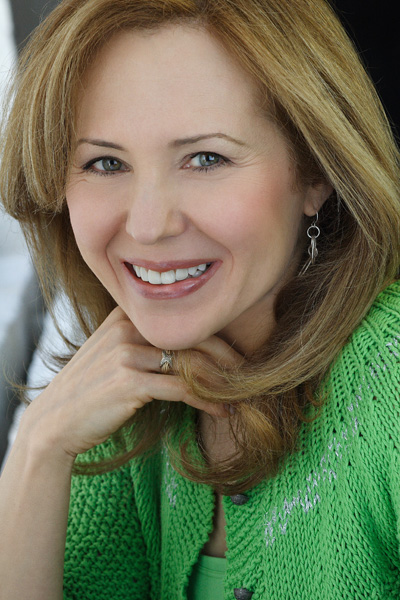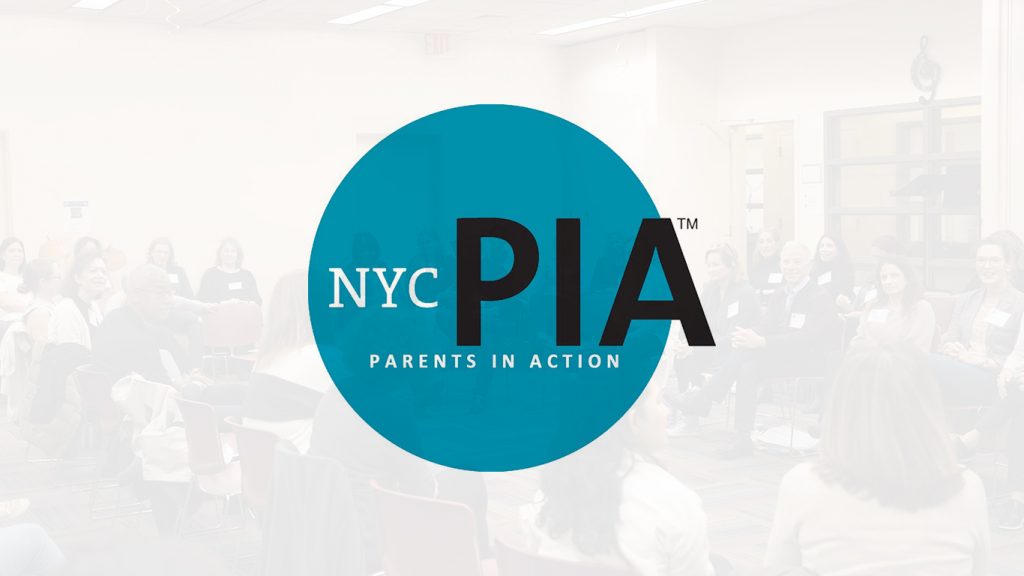By Jill Tipograph

It’s hard to believe that the warm, sunny, fulfilling days of summer are a memory, now that we are immersed in the school year (sigh). Your child’s summer experiences can help you determine her school year activities. Like the summer, school breaks and vacations are ideal times to regroup as a family and reflect on the many opportunities available to explore new interests, revisit old hobbies, work on a particular skill or learn a new one. In addition to any seasonal extracurricular programs your child may be enrolled in, winter and spring breaks are a great opportunity for activity-specific experiences.
In order to maximize this time, use these guidelines to navigate the process:
Reflect: The best plan of attack starts with an honest and thorough conversation with your child, regardless of his or her age. Analyze the experiences of this past summer and the fall activities, and don’t be afraid to discuss the good and the bad. Negative experiences can be just as telling as positive ones and a good indication of what your child should or shouldn’t be pursuing. If your child did have a negative experience, figure out why it wasn’t enjoyable and use that information to determine how it could have been more positive. This conversation will help you guide your child in choosing more purposeful activities. If your child or teen had a positive experience, analyze what part was most satisfying and use this information to hone in on a particular area, gaining more depth over breadth. The goal is to narrow and deepen an interest or two as your teen progresses through high school. This will best demonstrate to colleges your child’s growth and passions.
Experiment: The beauty of a school break is that it allows for a somewhat commitment-free experience. Encourage your child or teen to try out activities he or she has shown an interest in but might be hesitant to commit to for a full season. Use this as a trial for potential summer plans. Consider enrolling your child in focused classes during vacations when there is less academic pressure. If your child has been curious about art history or painting have him try a week long camp at a local art museum or studio. If your teenager is interested in journalism she might attend lectures from a noted author or perhaps shadow someone in the literary world. Feedback from your child or teen is important. Assess if he or she is willing to make a commitment.
Be Honest: Both you and your child need to be realistic. Sometimes a break from school is best used for remedial purposes or to fulfill school requirements. Children and teens often excel without the everyday stresses of school and homework. Many colleges incorporate fall/spring “catch-up long weekends” into their curriculum for this very purpose. Use this down time to your child’s advantage; this may be a good time for him to complete some community service hours. Consider hiring someone to work with your child to improve areas of weakness. Remember, this doesn’t always have to be a professional, college students home for winter break are a great resource!
Find a New Interest: It’s important for your child to actively engage in multiple hobbies and activities. Sometimes if a child focuses on just one thing, he or she may burn out. School vacations are the perfect time to pursue areas of curiosity. For example, this February and March The New York Historical Society is offering “Camp History,” a four-day program for elementary and middle school students that takes them behind the scenes at the museum and allows them to work with artifacts spanning the 19th century. A program of this length is a low risk opportunity for kids to try something new. More information can be found at NY Historical Society.
Evaluate: Now that you and your child have settled into the school routine, assess the activity or program(s) your child has completed this year thus far, and review the summer’s events too. Your child may be eager to engage in his newly discovered interest or want to learn more about it. Whether it be an academic, adventurous, artistic or athletic interest, take it into consideration when choosing activities during winter or spring breaks, during the second half of the year, or in planning for next summer. Help your child grow and discover his passions.
Bio: Jill Tipograph, founder of Everything Summer, LLC, is a nationally recognized youth expert and educational consultant who for 20 years has guided families worldwide through the summer planning and enrichment process. Everything Summer, a Manhattan-based boutique independent consultancy that services clients nationally and around the world, aligns its clients’ interests and extracurricular activities to help students find their passions; designing the right summer and year-round experiences, and helping teens with pre-college direction and transition. Jill is the author of Your Everything Summer® Guide & Planner and has been featured in The New York Times, Wall Street Journal, USA Today, Forbes, Business Week, Inc., NBC’s Today Show, ABC & NBC News, CNBC, MSNBC. She also speaks regularly on youth/teen topics at educational institutions, organizations, and corporations.

